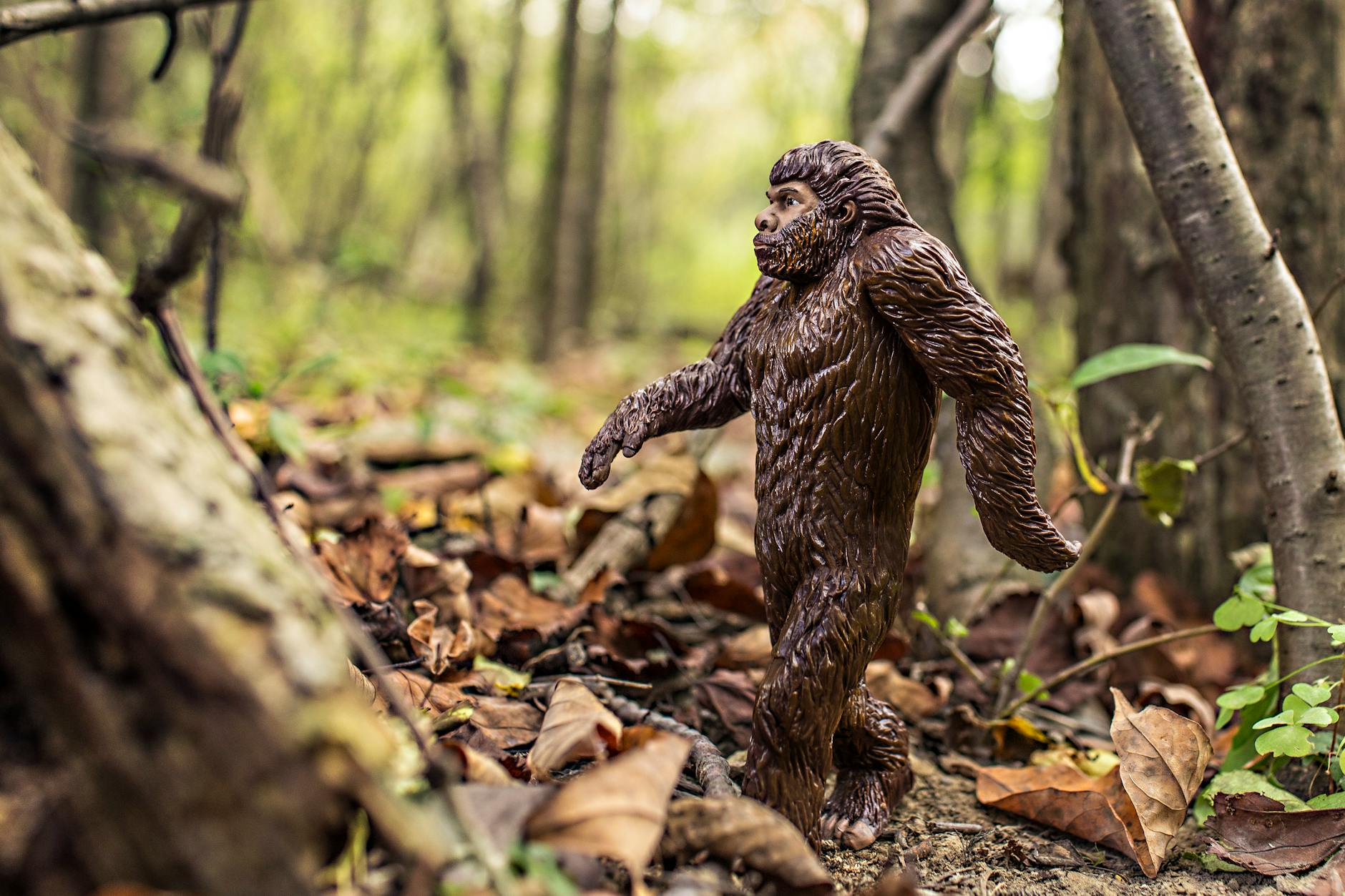
Introduction
Have you ever wondered how we keep track of time? The answer lies in the fascinating history of calendar systems. Dating back thousands of years, these systems have played a crucial role in shaping human societies and organizing our lives.
Early Beginnings
The journey of calendars started in ancient civilizations when people first observed the patterns of the sun, moon, and stars. Early humans relied on natural events like the changing seasons, lunar cycles, and the sun’s movements to create rudimentary timekeeping systems.
Lunar and Solar Calendars
As societies progressed, they began to develop more sophisticated calendars. The lunar calendar, based on the moon’s phases, and the solar calendar, aligned with the sun’s annual journey, became popular. The ancient Egyptians and Mesopotamians were among the early adopters of such systems, using them to plan agricultural activities and religious ceremonies.
The Roman Influence
The Romans made significant contributions to calendar development with the introduction of the Julian calendar in 45 BCE. This solar calendar, named after Julius Caesar, marked a pivotal moment in timekeeping by establishing a 365-day year with leap years to account for the Earth’s orbit around the sun.
Cultural Adaptations
Different cultures and societies around the world adopted and adapted calendar systems to suit their needs. The Chinese, for example, developed a lunisolar calendar, combining lunar phases with solar year increments. Meanwhile, the Islamic calendar follows a purely lunar system, and the Hindu calendar incorporates both solar and lunar elements.
Gregorian Calendar
In 1582, Pope Gregory XIII introduced the Gregorian calendar as an improvement to the Julian calendar. This reform aimed to bring the dates of spring equinox and Easter closer to their astronomical occurrences. The Gregorian calendar is the one most widely used today and has become the standard in most of the world.
Benefits of Calendars
Calendars have proven to be invaluable tools for human civilization. They provide a framework for organizing social, religious, and economic activities. Farmers use them to plan planting and harvesting seasons, religious communities schedule festivals, and businesses coordinate global activities based on a common calendar.
Conclusion
From the earliest observations of celestial bodies to the sophisticated calendars we use today, the evolution of timekeeping systems is a testament to human ingenuity. Calendars have not only helped us navigate the passage of time but have also played a vital role in shaping the way we live our lives. Next time you check the date, remember the rich history behind the calendar hanging on your wall.

Leave a Reply